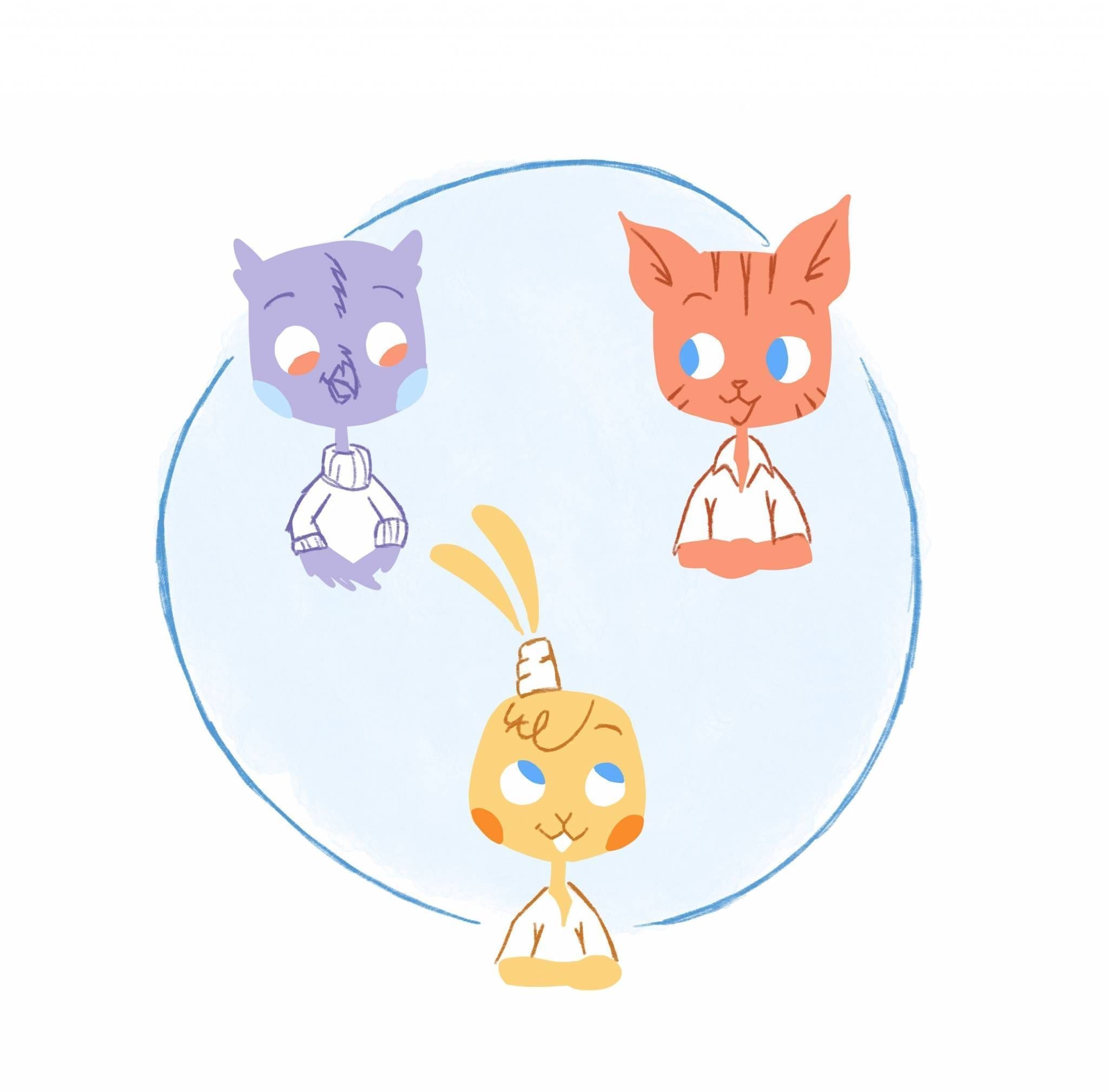

The Time/Work paradigm is broken. The Pandemic turned time management into a whole new ball game. Without insight and courage, time is a foe.
Time marches on — do you?
Many of the time-management techniques that have been used for decades are not going to work in this setting. We need a way to prioritize and triage, not to categorize and identify every to-do.
Instead of worrying about each item on your to-do lists, I encourage you to ask yourself this simple question: “What three activities must I complete today to make this day feel successful?”
These items are very different from your to-do lists. A standard to-do listing is a comprehensive list of all activities we should complete. It is impossible to finish 30-50 tasks in one workday. The more you add to your to-do list, the more overwhelmed and frazzled you will feel.
One of the questions requires respondents to select between the following options:
- Before I check my voicemail or email, I create a plan for the day.
- My first tasks in the morning are to check my email and voicemail.
Time and timely are not the same thing.
66% of people check email daily, but only 34% plan their day. It is common to reach for your phone at night and check messages. People are more productive if they don’t check their messages but instead make a plan for the day and grab a cup of coffee.
This research shows that checking your email first thing in the morning increases your chances of wasting over half of your work time.
This simple technique is so effective because it forces you to create a plan for your day. As a result, you are taking charge of your priorities and exercising proactive control over your day.
An internal locus is the ability to take actions, be productive, influence your life and accept responsibility for your choices. A person with an internal locus of control is more likely to feel in control of their own future. In addition, research has shown that an internal locus for control is associated with better academic achievement, higher health outcomes, and greater work satisfaction.
According to the Leadership IQ study, we found that 17% of people have an extremely high internal locus, while 29% have a low or moderately high external locus. This is important because people who have a high level of internal control are 136% happier in their careers.
Stay in control.
You can take control of your day by setting a plan and not responding to emails. This will dramatically increase your sense of well-being.
This technique will also force you to be more proactive in your mental state. Instead of waiting for others to set your priorities, this technique allows you to get in front of them and decide where you should spend your time.
High achievers are distinguished by their proactivity. The study, “Employee Engagement is Less Dependent on Managers Than You Think,” revealed that proactivity was an essential determinant of employee engagement and motivation at work. If you are passively waiting for direction, it is almost inevitable that you will feel more overwhelmed and frazzled.
This technique is simple, but it will help you to get into a healthy, powerful mindset throughout the day. It’s also one of the most effective ways to get rid of feeling overwhelmed and frazzled.
Pandemic ponderings
It seems that the post-pandemic brave new world continues to grow challenges like weeds.
The days we used to spend in idle and frivolous pursuits, even at work, are no longer tenable. Playing solitaire on your computer is now a crime to equal embezzlement. Gossiping with neighboring cubicle inhabitants is a felony punishable by exile. In other words, you can’t get away with procrastination, even if you are the boss, without severe ramifications, especially if you are the boss.
You must strive to set the proper example of scheduling and meeting canniness. Because your colleagues, teammates, and employees, look to you for guidance and example.
Since our hours, even our minutes, have become so much more precious and fragile, that does not mean we should hoard them.
Instead, we should be like Shakespeare’s Falstaff. He was prodigal yet canny. Like Shakespeare’s Falstaff, we must be prodigal yet canny in all things.
Falstaff had learned the wonderful trick of spending other people’s money — spending their money, time, reputation, and even blood. All in pursuit of his own greedy agenda. And Shakespeare’s “Flalstaff” made it all work — until he was hung.
Do you get hung up with how you spend the day, the week, the hour, or the minute? Instead, continue to give freely to others without thought of your own personal desires, and you’ll discover that your schedule will not only survive but give you more leeway and leisure.
Image Credit: Kampus Production; Pexels; Thank you!











Howie Jones
My name is Howie and I'm a Customer Success Manager at Calendar. I like to ensure our customers get the best experience using our product. If you have questions email me howie at calendar.com